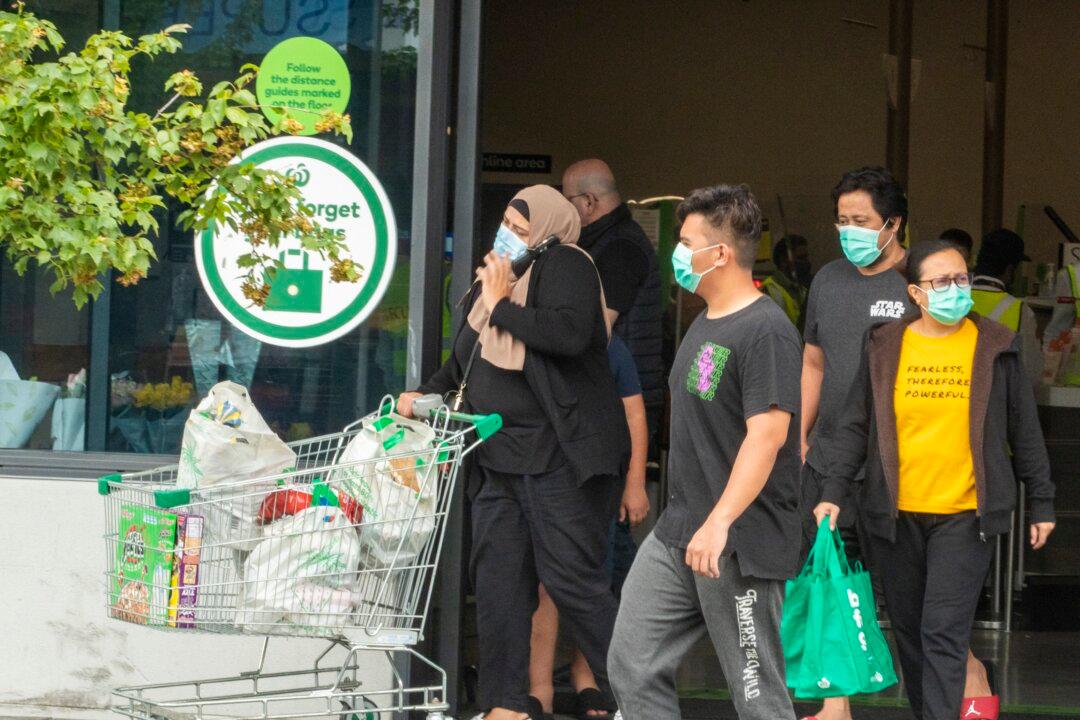The COVID-19 public health emergency will remain intact until at least mid-January, a federal health official confirmed this week.
The Department of Health and Human Services (HHS) previously said it would give 60 days’ notice if it was going to allow the COVID-19 emergency to expire. The deadline, which was Nov. 11, has already passed. It’s not clear if HHS will extend the emergency after that.





